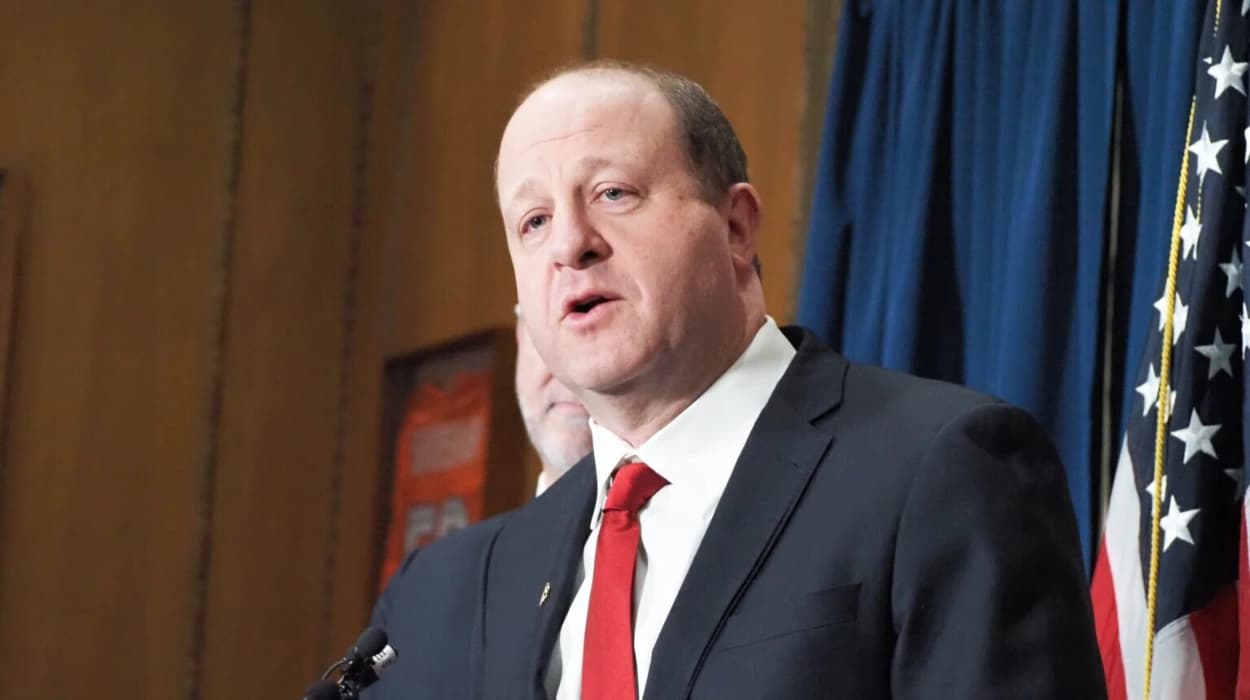Summary
- Gov. Jared Polis urges Colorado delegation to extend tax credit.
- Enhanced premium tax credit set to expire at the end of 2025.
- Without extension, Coloradans face 170%-330% premium increases.
- Small businesses, rural hospitals, and families to be hit hardest.
The Affordable Care Act created the enhanced premium tax credit for individuals who purchase insurance through the individual marketplace, and during the COVID-19 pandemic, the Biden administration extended and expanded it.
When Democrats held a majority in Congress, they endorsed the credit's creation, growth, and extension.
Under a Republican-controlled Congress, it is scheduled to expire this year, and analysts caution that insurance rates may soar.
“Colorado has done everything we can at the state level to blunt the damage of H.R.1 and the loss of the tax credit, but only Congress can stop these massive premium increases and the resulting loss of coverage for hundreds of thousands of hard-working Coloradans and their families,”
Polis, along with Lt. Gov. Dianna Primavera, wrote to the state’s 10-member congressional delegation in a Tuesday letter, referring to the massive federal spending and tax cut bill passed this summer.
According to Polis, residents of the Western Slope will be most affected, with average premium increases for Colorado residents who purchase insurance through the marketplace reaching 170%. In Garfield County, the increases are anticipated to be 262%, while in Delta and Montrose counties, they will exceed 330%.
A bipartisan bill to extend the tax credit for another year was signed last week by U.S. Representative Jeff Hurd, who represents the Western Slope counties in Colorado's 3rd Congressional District. Thus far, he is the sole Colorado representative on it.
“Families in Colorado shouldn’t be faced with higher health care costs because Washington failed to act,”
Hurd said in a statement.
“Extending the Premium Tax Credit for another year gives Colorado families real stability while we work towards a permanent solution.”
The bill's proposed extension would postpone the matter until after the midterm elections in 2026.
In his letter, Polis encouraged an extension of the credit but did not specifically declare that he supported that bill.
During the August special legislative session, Colorado lawmakers approved a package to mitigate the premium hikes by injecting up to $100 million. The sale of insurance premiums and business tax credits are the sources of that funding.
“Even with these steps at the state level, without congressional action to extend the tax credit, we project more than 75,000 Coloradans will still lose access to affordable health care in 2026, and rural communities will face premium increases of 300 percent or more,” Polis wrote.
A social media post by Texas Republican U.S. Representative Chip Roy opposing a tax credit extension was met with the response, "Absolutely agree!" from U.S. Representative Lauren Boebert. A request for comment from the offices of U.S. Reps. Jeff Crank and Gabe Evans, the other Republicans in the delegation, were not immediately answered.
What are the proposed funding options for extending the tax credit?
The most straightforward option is simply extending current provisions without new revenue sources, which would increase federal spending but preserve access for millions.
Some proposals aim to modify the credit by phasing in benefits more gradually or expanding eligibility to more low-income families or those with newborns, which would raise costs but target aid more effectively.
To fund extensions or expansions, lawmakers could introduce new revenue measures such as closing tax loopholes, increasing taxes on high earners or corporations, or limiting certain deductions.

